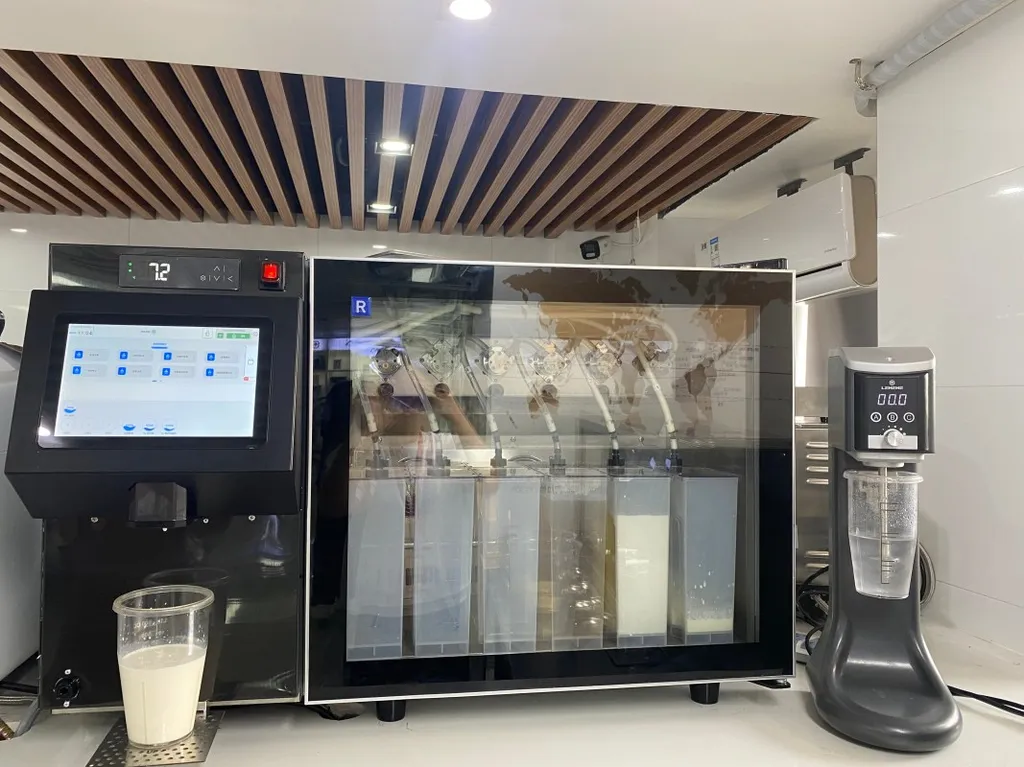In the heart of China’s Fujian Province, where the world’s largest oolong tea production unfolds, a significant study is brewing that could reshape the future of smart agriculture. The research, published in *Agriculture* and led by Dongkai Lin of Anxi College of Tea Science, Fujian Agriculture and Forestry University, delves into the digital literacy of moderate-scale tea farmers, a crucial factor in the industry’s intelligent transformation.
The study, which surveyed 440 medium-sized tea farmers from 11 major tea-producing townships in Anxi County, reveals that while farmers possess moderate levels of digital literacy in six areas—equipment and software operation skills, digital information literacy, digital communication and collaboration literacy, digital content creation literacy, digital security literacy, and problem-solving literacy—their professional digital literacy is notably weak. This gap, the researchers argue, is a significant hurdle in the tea industry’s shift towards intelligent development.
“Improving the digital literacy of tea farmers is the key to promoting the intelligent development of the tea industry,” Lin emphasizes. The study proposes targeted improvement measures from the perspectives of government, industry associations, and training institutions, aiming to bolster farmers’ digital skills and, in turn, enhance the industry’s competitiveness.
The commercial impacts of this research are substantial. As smart agriculture gains traction, the ability of tea farmers to leverage digital technologies becomes paramount. Large-scale tea farmers, equipped with smart agricultural tools, can achieve intelligent and refined management of tea gardens, leading to improved efficiency and quality. This intelligent upgrading of the entire industry chain can open new avenues for growth and innovation, benefiting not just the farmers but the entire agriculture sector.
The study’s findings could also influence global tea-producing regions, providing a roadmap for enhancing digital literacy among farmers and fostering intelligent development. As the world grapples with the challenges and opportunities of the digital age, this research offers a compelling case study in the intersection of agriculture, technology, and education.
By addressing the digital literacy gap, the tea industry can unlock new potential, driving forward the intelligent transformation that is reshaping agriculture. As Lin’s research underscores, this journey begins with empowering the farmers who are at the heart of the industry.

